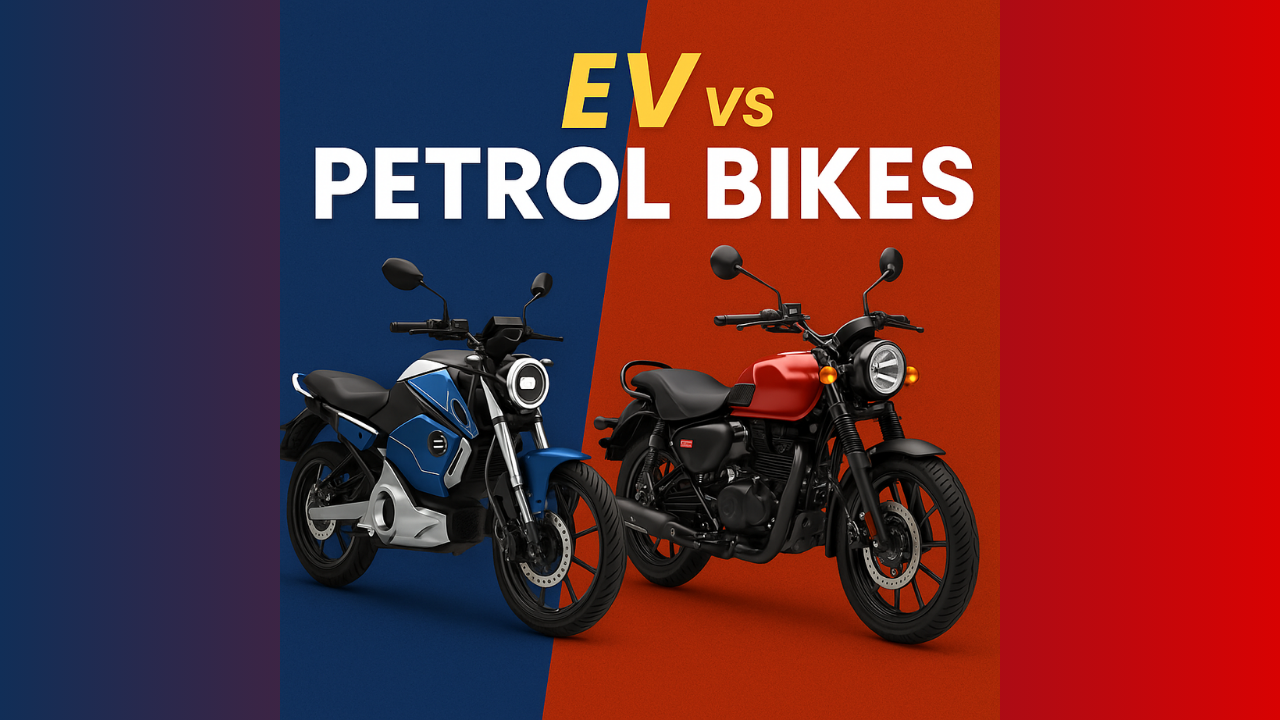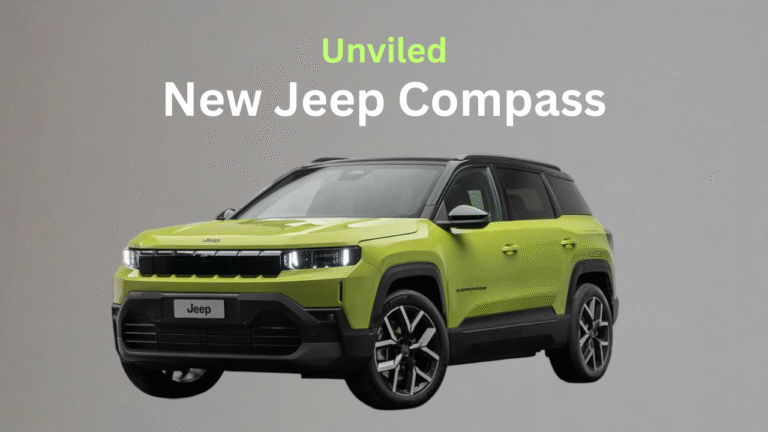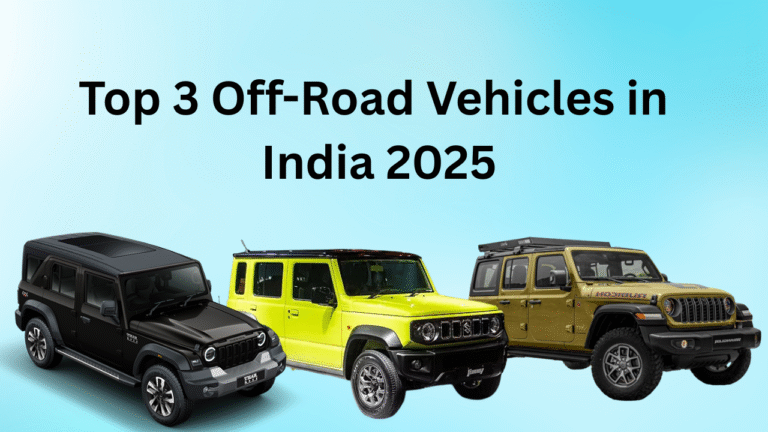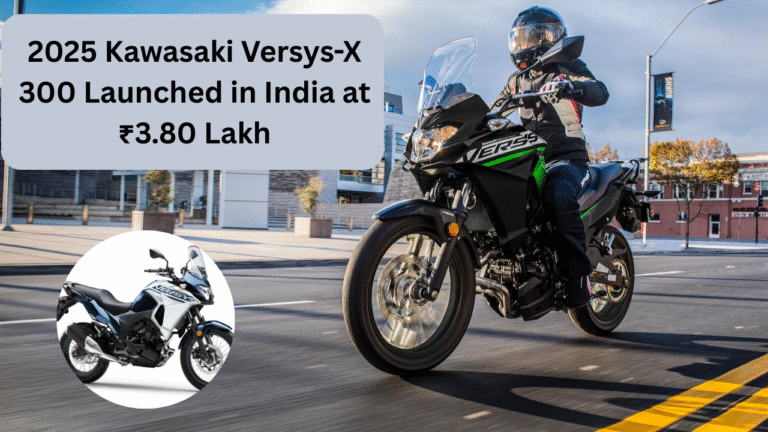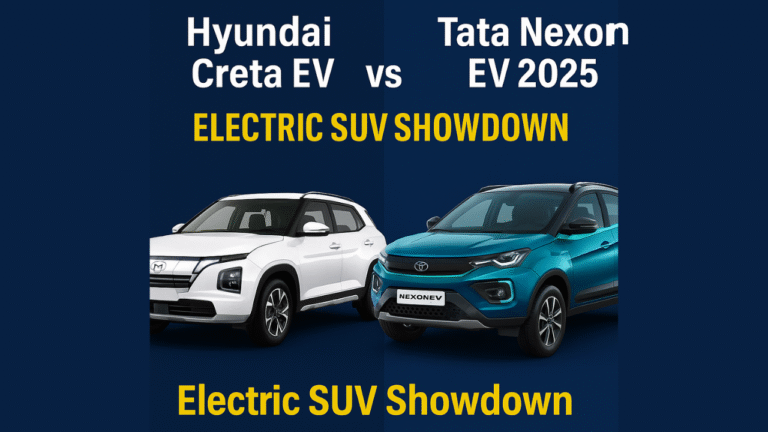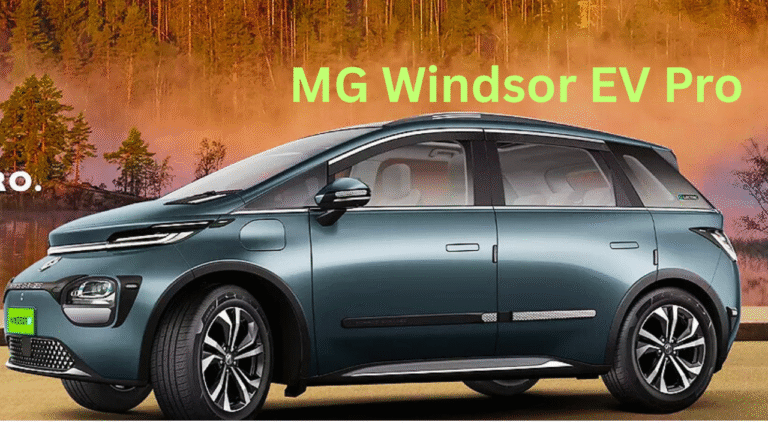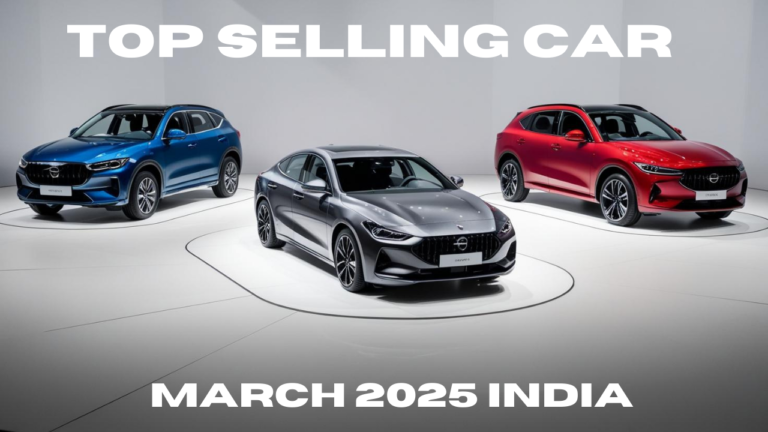EV vs Petrol Bikes in India (2025): Which One Should You Buy? A Complete Guide
As India accelerates towards cleaner and smarter mobility, the debate between EV vs Petrol Bikes is more relevant than ever. Whether you’re a daily commuter or a weekend highway rider, choosing between an EV two-wheeler and a petrol bike can be confusing in 2025.
This comprehensive guide breaks down every key factor—from specs to cost—so you can make an informed two-wheeler buying decision this year.
EV vs Petrol Bikes – Quick Feature Comparison
| Feature | Electric Bike | Petrol Bike |
|---|---|---|
| Top Speed | 80–100km/h (higher in premium) | 100–120km/h (higher in performance) |
| Range/Charge or Tank | 70–150km per charge | 250–500km per full tank |
| Charging/Refueling Time | 1.5–6 hours | 5 minutes |
| Running Cost per km | ₹0.25–₹0.40 | ₹1.5–₹2.5 |
| Initial Purchase Price | ₹1L–₹2L+ | ₹80k–₹2.5L+ |
| Maintenance | Minimal, fewer parts | Regular servicing needed |
| Environmental Impact | Zero emissions, quiet | Emits CO2, louder engine noise |
| Smart Features | App control, GPS, remote lock | Basic to advanced on high-end bikes |
Range, Charging & Refueling Comparison
Electric Bikes (EVs)
- Real-world range: 100–150km per charge, ideal for daily city rides.
- Fast charging: 1.5–2 hours; home charging: 4–6 hours.
- Growing charging infrastructure in metros, but rural coverage is still sparse.
Petrol Bikes
- Range: 250–500km per tank—perfect for long rides and highway use.
- Refueling: Takes just a few minutes at any of the well-established fuel stations across India.
Features & Smart Tech
Electric Bikes often come with:
- Fully digital consoles, smartphone apps
- Features like GPS tracking, geo-fencing, remote diagnostics
- Instant torque for smooth, quick acceleration
- Silent operation—a big plus in traffic-heavy cities
Petrol Bikes offer:
- Broader body styles and customization
- Higher top speeds in performance segments
- Simpler operation without dependency on charging points
Safety Features in 2025
- EVs: Advanced features like regenerative braking, linked brakes, ABS, and traction control (on premium models).
- Petrol bikes: Standardized ABS, disc brakes, and broader aftermarket safety upgrades.
Both types require rider awareness, especially on unpredictable Indian roads.
Cost of Ownership: EV vs Petrol Two-Wheelers
Purchase Price
- EVs: Slightly expensive upfront due to battery tech, but government subsidies ease the cost burden.
- Petrol bikes: Affordable entry-level options and wide price flexibility.
Maintenance & Running Cost
- EVs: Running cost as low as ₹0.25/km. Minimal servicing.
- Petrol bikes: ₹1.5–2.5/km. Regular servicing and part replacements needed.
Resale Value
- EVs: Improving steadily as battery replacement costs decrease.
- Petrol bikes: Still strong for trusted models but may decline as EVs gain market share.
Pros & Cons at a Glance
Electric Bikes – Pros
- Extremely low running costs
- Environment-friendly with zero emissions
- Smart tech features (connectivity, tracking)
- Silent and smooth performance
Cons
- Charging time and infrastructure limitations
- Higher initial cost
- Less ideal for highway/touring rides
Petrol Bikes – Pros
- Wide range of models and prices
- Instant refueling, longer riding range
- Proven reliability and performance
- Better suited for remote or long-distance travel
Cons
- High fuel and maintenance costs
- Pollutes more, noisy engine
- Outdated tech in budget models
EV vs Petrol Bikes in 2025 – What’s the Right Choice?
Choose an Electric Bike if:
- You ride mostly within the city (<100 km/day)
- You want low running costs and low maintenance
- You have access to home/office charging points
- You want eco-conscious smart features
Choose a Petrol Bike if:
- You travel long distances or to rural areas
- You prefer fast refueling and don’t want charging delays
- You enjoy performance, sporty rides, and customizing your bike
- Your budget is tight and you need more price options
Final Verdict: EV vs Petrol Bikes?
In 2025, electric two-wheelers are ideal for urban riders—offering lower operating costs, tech-savvy features, and an eco-friendly ride. But petrol bikes remain unmatched when it comes to long-distance riding, rural use, and variety.
💡 Smart Tip: If your primary use is city commuting and you’re future-focused, go electric. But if you’re a highway explorer or need a rugged machine with flexible range, petrol is still your best bet. Read more about EV innovations and trends in India on YourStory EV.
Related Post: 2025 Volvo EX40
Tags: EV vs Petrol Bike 2025, Electric vs Petrol Bike in India, Best electric bikes India, EV bike vs petrol bike comparison, Which bike to buy 2025, Electric bike advantages, Petrol bike pros and cons, 2025 two-wheeler buying guide, Eco-friendly bikes India, Running cost EV vs petrol bike.

